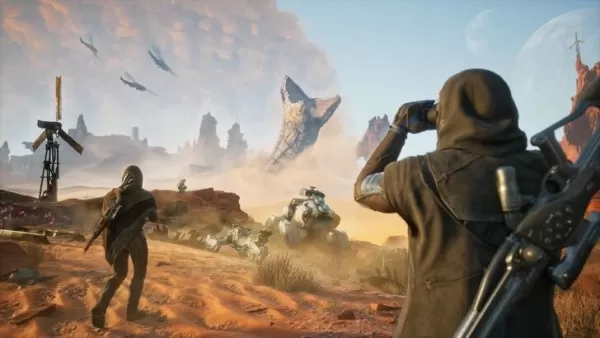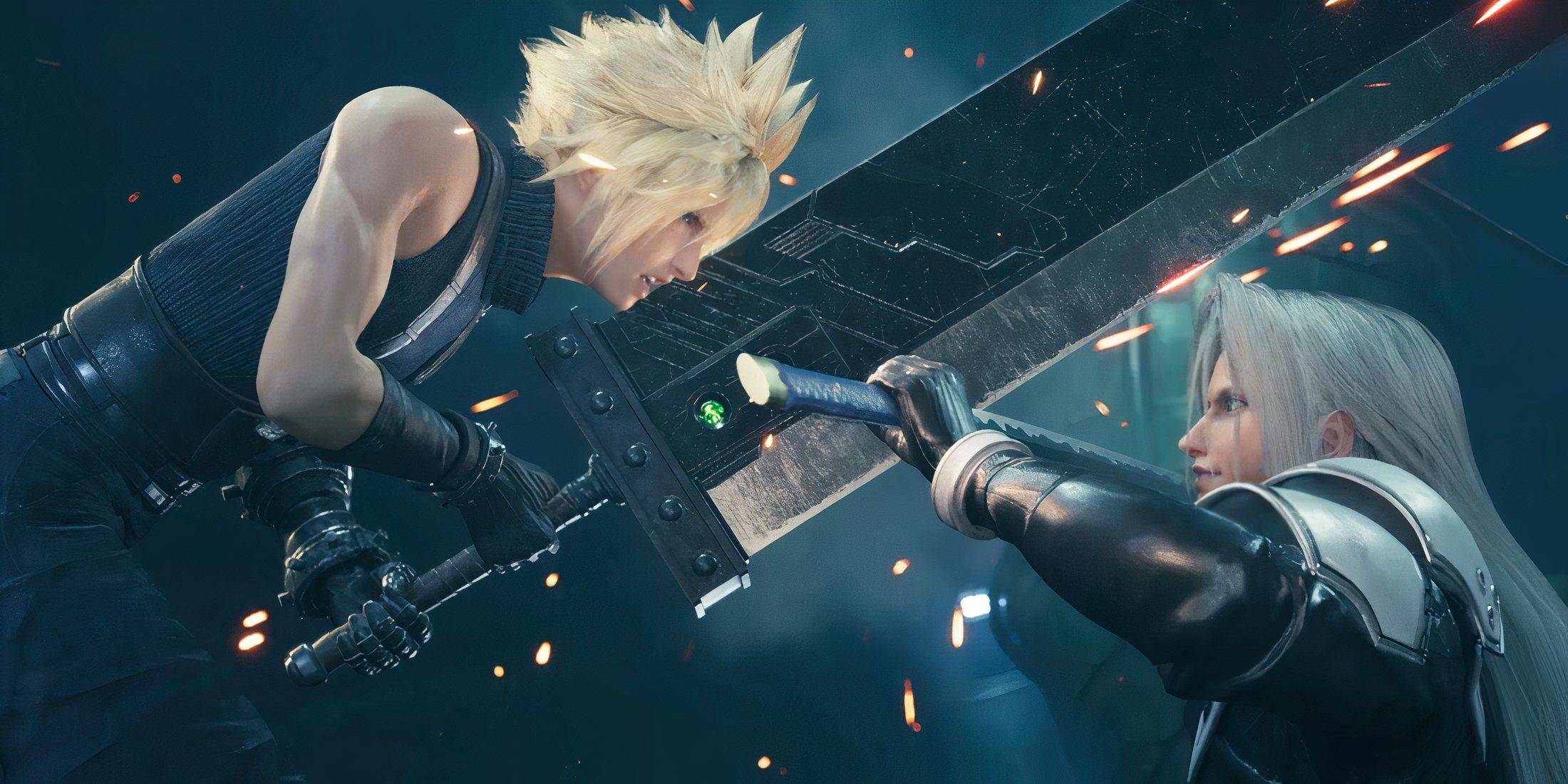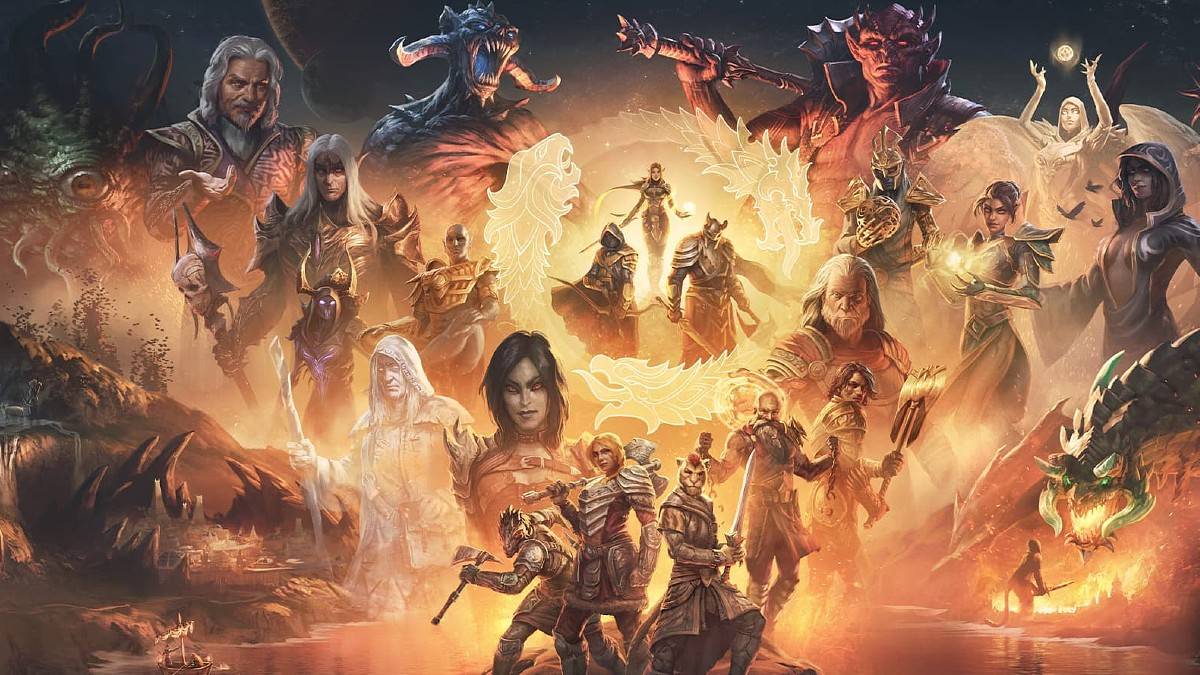Former BioWare developers have criticized EA's assessment of Dragon Age: The Veilguard's underperformance and the subsequent restructuring of BioWare. EA CEO Andrew Wilson attributed the game's failure to a lack of broad appeal, citing a need for "shared-world features and deeper engagement" alongside strong narratives to attract a wider audience. This statement, interpreted by many as suggesting The Veilguard should have been a live-service game, has drawn sharp rebukes from former BioWare staff.
The game's development was reportedly fraught with challenges, including layoffs and the departure of key personnel, culminating in a shift from a planned multiplayer experience to a single-player RPG. This pivot, according to Bloomberg reporter Jason Schreier, was described by BioWare staff as a miraculous achievement given EA's initial push for live-service elements.
David Gaider, former narrative lead on Dragon Age, argued that EA's conclusion is short-sighted and self-serving. He suggested that instead of focusing on live-service models, EA should emulate Larian Studios' success with Baldur's Gate 3, which, while offering co-op, primarily focuses on a compelling single-player experience. He emphasized the enduring love for the Dragon Age IP and the potential for success by doubling down on what made the franchise popular.
Mike Laidlaw, another former BioWare creative director, expressed even stronger dissent, stating that he would have resigned if pressured to fundamentally alter a beloved single-player franchise into a purely multiplayer game. He highlighted the inherent contradiction of such a demand, particularly given the franchise's established success within the single-player RPG market.
The fallout from The Veilguard's underperformance has resulted in BioWare's restructuring, focusing solely on Mass Effect 5. This has involved significant staff reductions, shrinking the studio considerably. EA's CFO, Stuart Canfield, framed the decision as a response to the evolving industry landscape and a reallocation of resources toward their most promising opportunities, implicitly acknowledging the shift away from traditional blockbuster storytelling. The future of the Dragon Age franchise, in light of these events, remains uncertain.



















